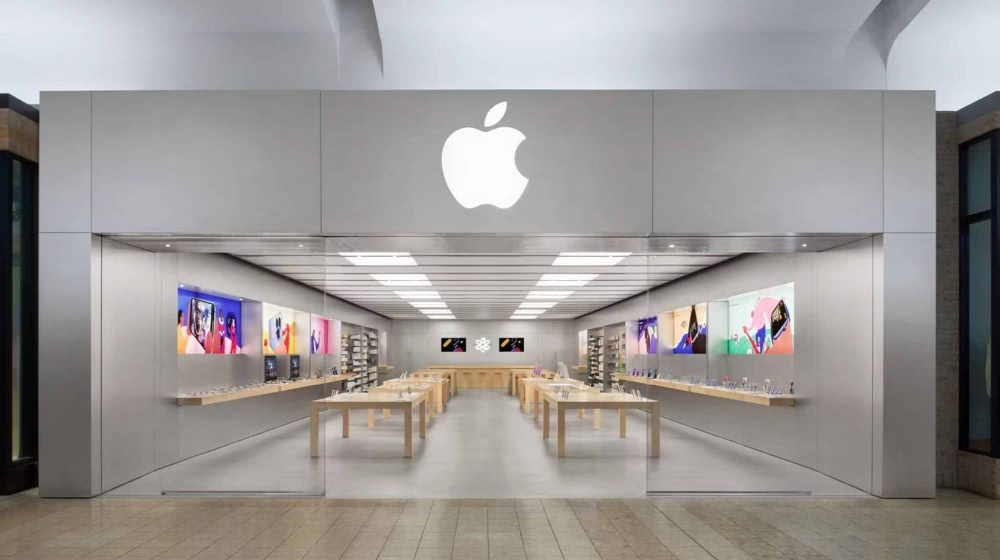In recent months, a new social media platform called ‘Blue Sky’ has been rapidly gaining traction across the United States. With over 16.7 million users and counting, the app is attracting attention for its unique features and the growing trend of Americans flocking to it. But what exactly is ‘Blue Sky,’ and why is it rapidly becoming so popular in the US?
What is ‘Blue Sky’?
At first glance, ‘Blue Sky’ may seem like just another social media platform, but it comes with features that set it apart from others. Founded in 2019 by Jack Dorsey, the co-founder of ‘X’ (formerly Twitter), ‘Blue Sky’ has carved a niche for itself by offering a more decentralized approach to social networking. Unlike most social media platforms, where user data is stored and controlled by a central entity, ‘Blue Sky’ allows users to host their data on independent servers. This means that the platform doesn’t own the user data, which can be an attractive feature for those concerned about privacy and corporate control over personal information.
Another distinguishing feature of ‘Blue Sky’ is the ability to choose and manage domains based on the users’ needs, offering more customization options compared to traditional platforms. This is a major appeal for those looking for greater control over their online experience. Although the platform operates similarly to ‘X’ (formerly Twitter), with its microblogging format, its decentralized structure and unique approach to data management set it apart from other social media giants.
The Rise of ‘Blue Sky’: A Political Shift
So, why has ‘Blue Sky’ experienced such a meteoric rise in popularity, particularly in the US? The platform’s user base has been growing steadily since its inception, but recent political changes and controversies surrounding other platforms have accelerated its adoption.
One key factor behind ‘Blue Sky’s’ growing popularity is the political climate in the United States. Following Donald Trump’s re-election as president and his controversial alliance with Elon Musk, a significant portion of American users began to move away from ‘X’ (formerly Twitter) in protest. Many people disapproved of the new direction Musk was taking the platform, citing concerns over free speech, platform moderation, and political biases. As a result, many former ‘X’ users sought an alternative, and ‘Blue Sky’ quickly became the go-to platform for those seeking a more decentralized, neutral space to share their thoughts and ideas.
Additionally, ‘Blue Sky’ has appealed to those who value privacy and transparency. The platform’s commitment to decentralization and the ability to host data on independent servers have made it attractive to users who want more control over their personal information and online activity. In a time when concerns over data privacy and corporate surveillance are at an all-time high, ‘Blue Sky’ offers a refreshing alternative to the more centralized platforms.
The Boycott of ‘X’: A Growing Trend
‘Blue Sky’s’ rise to prominence also comes on the heels of growing discontent with ‘X.’ The platform, which was once a favorite among users, has faced increasing criticism under Elon Musk’s ownership. His controversial changes to the platform, such as lifting content moderation rules and loosening restrictions on certain types of speech, have led many to abandon the app. In protest, a number of prominent organizations and individuals have chosen to move away from ‘X’ in favor of other platforms like ‘Blue Sky.’
One notable example is the British newspaper ‘The Guardian,’ which recently deactivated its official ‘X’ account, calling the platform a “poisonous” space. This action highlights a broader trend of media outlets and public figures distancing themselves from ‘X’ due to concerns over its direction under Musk’s leadership. Many have opted to turn to ‘Blue Sky’ as a safer, more reliable alternative for maintaining their online presence.
The decision to boycott ‘X’ has fueled ‘Blue Sky’s’ growth, as people search for platforms that align more closely with their values. As a result, ‘Blue Sky’ is becoming increasingly popular not only among everyday users but also among professionals, journalists, and activists who are seeking an alternative to mainstream social media networks.
What’s Next for ‘Blue Sky’?
As ‘Blue Sky’ continues to gain popularity, it will be interesting to see how the platform evolves and whether it can sustain its growth. Its decentralized nature, commitment to user privacy, and flexibility with domains have already made it an attractive option for those looking for a fresh take on social media. If the app can continue to expand its user base and maintain its core values, it may become a significant player in the social media landscape, particularly as more users continue to leave ‘X’ in search of alternatives.
For now, ‘Blue Sky’ seems poised to become a major contender in the world of social media, offering a space where users can interact, share, and engage without the constraints of corporate control and centralized data management. As the platform grows, it will be interesting to see how it shapes the future of social media in the coming years.
With its rapid growth, ‘Blue Sky’ is emerging as a serious alternative to traditional social media platforms like ‘X.’ The platform’s decentralized structure, focus on user privacy, and increasing popularity among disillusioned ‘X’ users suggest that it may be here to stay. As political and social dynamics continue to influence the digital landscape, ‘Blue Sky’ could be the next big thing in the world of social media.



